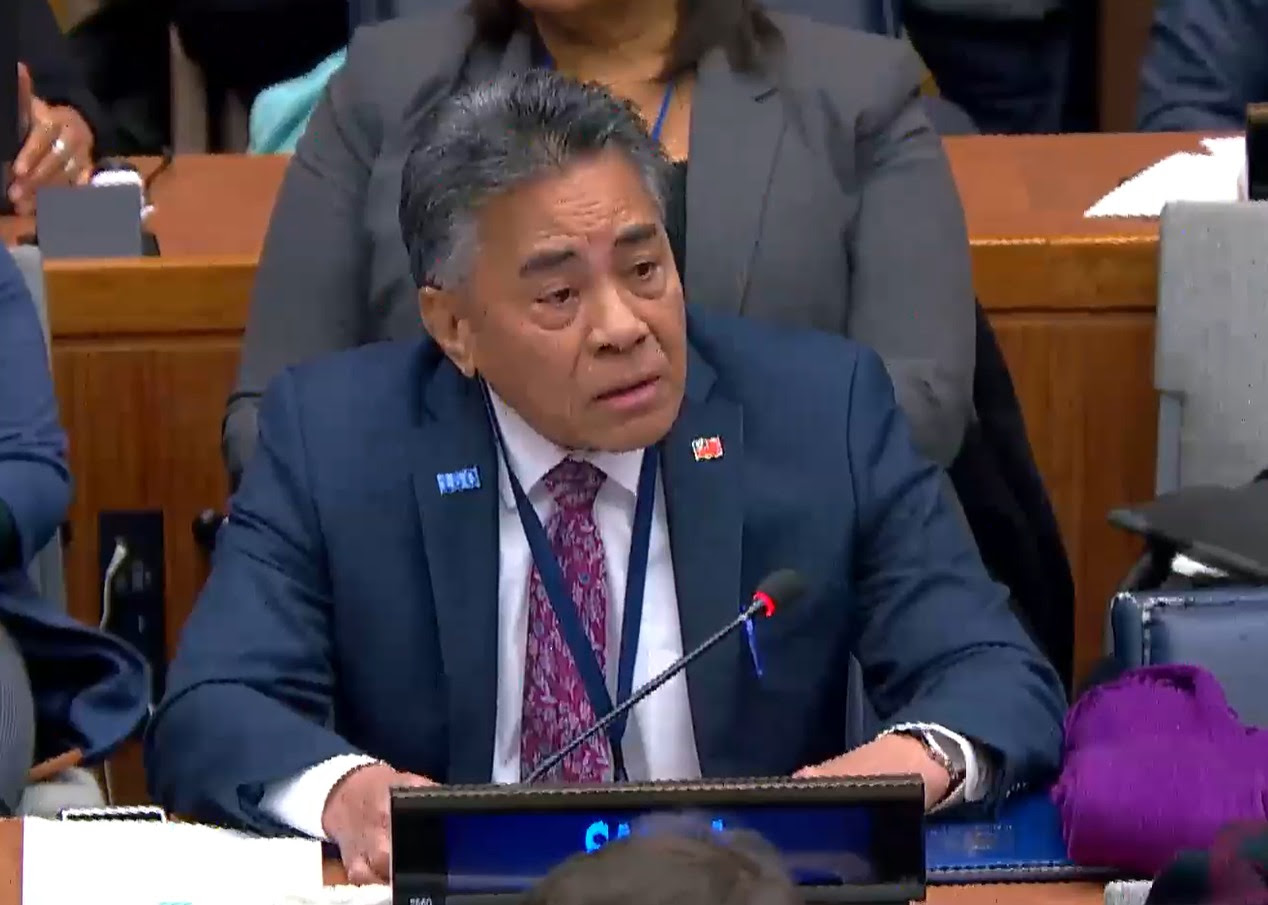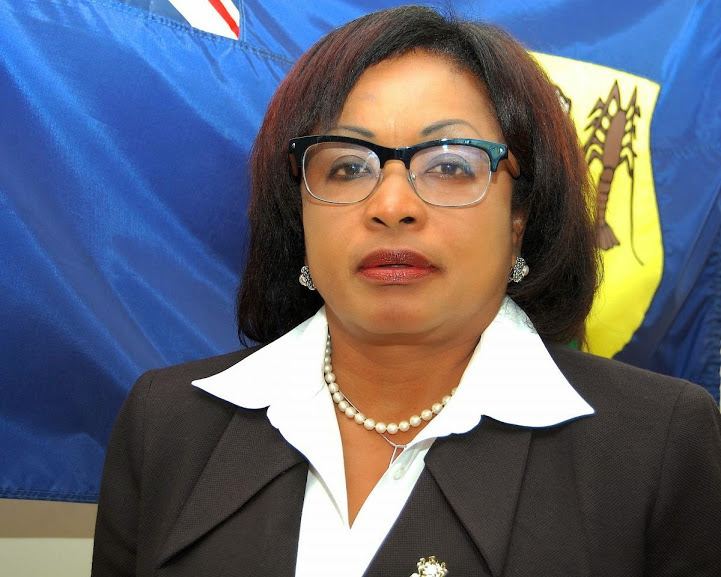By Desmond Brown – Executive Editor
ABU DHABI, United Arab Emirates – Global investment in renewables has shown steady growth for more than a decade, rising from less than US$50 billion in 2004 to a record US$305 billion in 2015.
Renewable energy “was like hippy talk 10 years ago,” is how President of the United Nations General Assembly (UNGA) Peter Thompson puts it.
Not anymore.
“With $305 billion in one year (invested in) renewable energy, that’s very encouraging. That’s something to celebrate,” Thompson told journalists at a press conference during the recent 7th Assembly of the International Renewable Energy Agency (IRENA), held here from Jan. 14-15.
For the first time, in 2015, developing countries attracted the majority of renewable energy investments, with China alone accounting for about one-third of the global total.
China recently announced that it will invest at least US$361 billion in renewable power generation by 2020, making renewables 27 percent of national electricity consumption. This will bring additional momentum to a country that is already the world’s largest energy market and the leader in renewable energy innovation and deployment.
Growth in 2015 was due primarily to solar and wind, which together accounted for about 90 percent of total investments.
Thompson, who said his primary area of focus is the implementation of the Sustainable Development Goals (SDGs), believes energy is at their core.
In December 2014, the UN General Assembly proposed a set of SDGs that included a dedicated stand-alone goal on energy, SDG7. It aims to “ensure access to affordable, reliable, sustainable, and modern energy for all.” SDG7 was formally adopted in 2015 as part of Agenda 2030.
As a key constituent of SDG7, renewable energy contributes directly or indirectly to achieving all the other SDGs, many of which are interconnected across the three dimensions of environmental sustainability, human development and sustainable growth.
“Goal number 7 is central because energy drives all of the other SDGs – whether we are talking about environmental sustainability, whether you are talking about human development or whether you are talking about sustainable growth, energy is right at the core of all that,” Thompson said.
Despite the new records set in 2015, IRENA said total investment in renewable energy “falls short” of the estimated average annual investment of at least US$770 billion that will be needed between 2016 and 2030 to double renewable energy’s share in the global energy mix.
Currently, the share of renewable energy in total final energy consumption stands at 18.3 percent. About one-half of this portion is made up of modern renewables, evenly split between electricity and direct heat applications.
The other half consists of traditional biomass used for heating and cooking.
If all current national plans and policies are fully implemented without additional measures, the share of renewable energy in the total global final energy mix will rise only slightly by 2030 – from 18.3 percent to 21 percent – a measure of the extent of unexploited potential.
But IRENA envisions a far more ambitious pursuit of all renewable energy options and of energy efficiency, one that will result in a doubling to 36 percent energy share for renewables by 2030.
“Achieving universal electricity access by 2030, will require us to boost global power generation — nearly 60 percent of that will have to come from stand-alone and mini-grid solutions,” IRENA Secretary General Adnan Amin said.
“As we advance deeper into a new energy paradigm, we need to pick-up the pace of our decarbonisation efforts. Policies and regulations continue to remain crucial to this end and to develop the renewables market.
“We are seeing more and more countries hold auctions to deploy renewables, and as variable and distributed sources of renewables take-on a greater role, regulators have implemented changes to enable grid integration at scale. Heating and cooling, and the potential of renewables for transport, are areas where future efforts are needed,” Amin added
The IRENA Secretary General said moving forward, “the right combination of policies, financing, technology and institutional capacity” is paramount.
“Making needed changes and accelerating deployment will allow countries to address global issues in sustainability, education, gender equality, health, water and food,” he said.
The rapid growth of renewables reflects commitment by governments around the world in response to pressing challenges and emerging opportunities.
A majority of countries has adopted national targets, formulated ambitious policies, and developed innovative investment and technology strategies.
The private sector is also playing a critical role in scaling up deployment, signalling a near-global consensus that renewable energy technologies will be the engines of sustained economic growth and development.
Like our Facebook page https://www.facebook.com/CaribbeanNewsService/
Follow us on Twitter https://twitter.com/CNewsService
Follow us on Instagram https://www.instagram.com/caribbeannewsservice/




